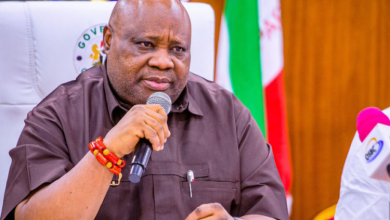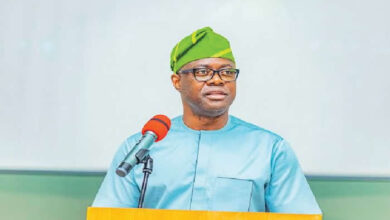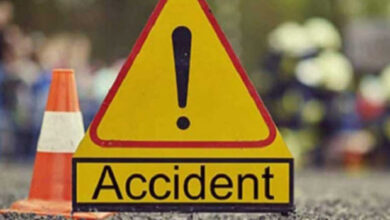Oxfam to Investigate Sexual Misconduct Claims Against Staff in DRC

Over allegations of bullying and sexual misconduct against senior managers in the Democratic Republic of the Congo (DRC), two Oxfam aid workers have been suspended and more investigations carried out.
The inquiry comes just a few weeks after the charity’s statutory supervision status was lifted, following reforms prompted by a 2019 report into conduct by its staff after the 2010 Haiti earthquake.
An Oxfam spokesperson confirmed that two members of its staff in the DRC were suspended as part of an ongoing external investigation, set up by the UK-based NGO last November into allegations of abuses of power, including bullying and sexual misconduct.
“The Charity Commission for England and Wales were notified at the start of the investigation and we have kept them informed about its progress. We are acutely aware of our duty to survivors, including in supporting them to speak out safely. We are working hard to conclude the investigation fairly, safely, and effectively,” a spokesperson said.
Oxfam has been active in the DRC since 1961, with its work focused primarily on humanitarian projects such as providing long-term access to clean drinking water.
Gist alerts gathered that the allegations against Oxfam staff in the country are outlined in a 10-page letter sent to charity bosses in February. The letter reportedly details allegations against 11 people and is signed by more than 20 current and former Oxfam staff, with claims ranging from sexual harassment and intimidation to systemic fraud and corruption.
Oxfam has been under the spotlight in recent years after the Charity Commission determined in 2019 it had not fully disclosed allegations that staff working in disaster zones had sexually abused children. The watchdog also cited a “culture of poor behavior” among Oxfam GB staff sent to help victims of the Haiti earthquake.
Allegations included that child sex workers were used by staff, including at Oxfam premises on the crisis-hit Caribbean island, and that safeguarding measures to protect vulnerable people were inadequate.
Statutory supervision of the charity was lifted in February after it implemented a majority of the 100 recommendations prompted by the inquiry.
A spokesperson for the Charity Commission stated “We have been actively liaising with the charity on its investigations into allegations of misconduct in the DRC and have been receiving regular updates and assurances on the steps it is taking to address the concerns.”
The new allegations of sexual abuse come amid a raft of similar charges made against other organizations working in the DRC.
Last year more than 50 women accused aid workers from the World Health Organization and leading NGOs of sexual exploitation and abuse during efforts to fight Ebola in the Democratic Republic of Congo.
In interviews, 51 women – many of whose accounts were backed up by aid agency drivers and local NGO workers – recounted multiple incidents of abuse, mainly by men who said they were international workers, during the 2018 to 2020 Ebola crisis, according to an investigation by the New Humanitarian and the Thomson Reuters Foundation.
Most of the women said numerous men had either propositioned them, forced them to have sex in exchange for a job, or terminated contracts when they refused. The UN secretary-general António Guterres called for the allegations to be “investigated fully”.
In January, a British parliamentary inquiry found evidence of widespread abuse of beneficiaries, ineffective investigations, and whistleblowers forced out of jobs, despite a series of recent scandals that had prompted some reforms.
Sexual predators could still be rehired because of inadequate safeguarding and reporting mechanisms, the international development committee (IDC) said, concluding that the culture of aid was a significant factor in the scale of the problem.
The coronavirus pandemic is likely to have made the problem more acute, said the committee, as food shortages and aid cuts, have exacerbated the vulnerability of mostly female aid recipients.
Sarah Champion, chair of the IDC, said: “Our inquiry has found that abuse of beneficiaries is rife and that the sector has effectively become the last safe haven for perpetrators.”



